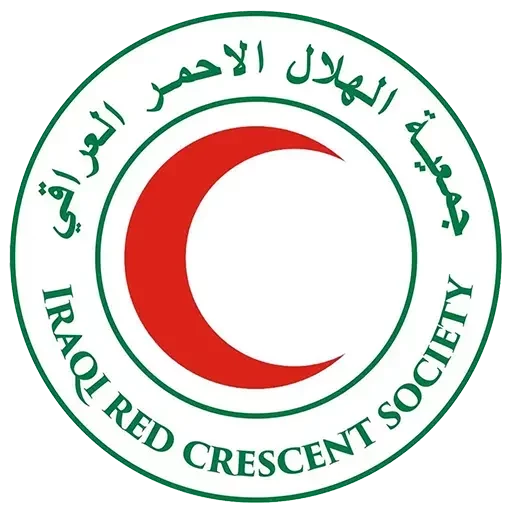The water desalination unit of the Iraqi Red Crescent revives Al-Hazamat village.
The Diwaniyah governorate has long suffered from shortages in drinking and irrigation water due to the widespread effects of climate change across the country.
The district of Nafar, located about 15 kilometers from the city center, also faced a severe water crisis, with residents relying on privately owned water tankers that deliver drinking water weekly.
Among the most affected areas was Al-Hazamat village, located on the far edge of Nafar district. The village’s more than 220 families had no access to potable water except through wells that often dried up or collapsed over time.
Most villagers depend on agriculture for their livelihood, but even that has been drastically reduced due to the salinity of the groundwater.
After conducting a detailed survey in the village, the Iraqi Red Crescent Society (IRCS), in cooperation with the International Committee of the Red Cross (ICRC), completed the necessary preparations and installed a solar-powered water desalination unit with a production capacity of 2,000 liters per hour.
Mr. Hussein Redha Hussein, the director of Diwaniyah branch of the IRCS, stated: “Installing the unit in Al-Hazamat village was absolutely essential and played a key role in preventing farmers from leaving the area. We raced against time to complete it as quickly as possible. It is now operating at high capacity under the supervision of our teams, with regular maintenance to ensure continuous operation—alongside our five other units serving most districts and sub-districts of the governorate.”
Mr. Jabbar Kadhim Al-Jubouri, the district commissioner of Nafar district, said:
“This unit brought life back to the village. It became the main reason residents chose to stay after many began to leave due to the lack of water, the loss of livestock, and the desertification of lands that once flourished with rain-fed agriculture.”
Mr. Ghadhban Al-Shaibawi, the director of Afak office of the IRCS, added:
“The unit is now operating at full capacity to meet the daily needs of the village residents, who line up to fill their water containers from early morning until late evening.”
Mr. Ghadhban has also pointed out that the unit is located near to the primary school has made it a vital source for drinking water for both students and staff, as well as for nearby villages, which now depend on the as their primary source of clean water.
